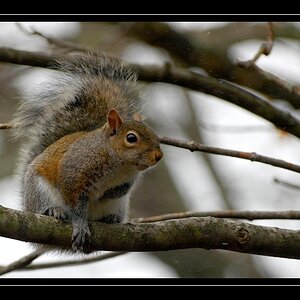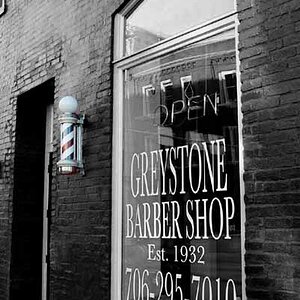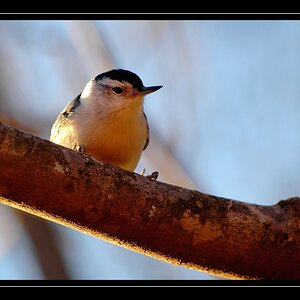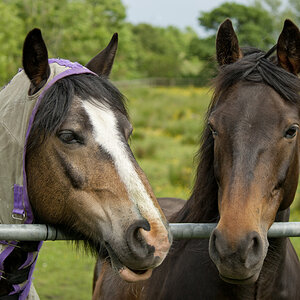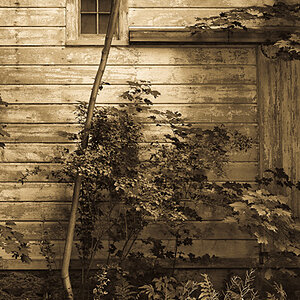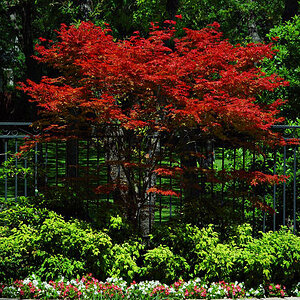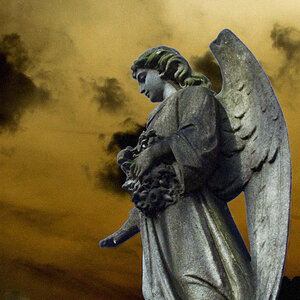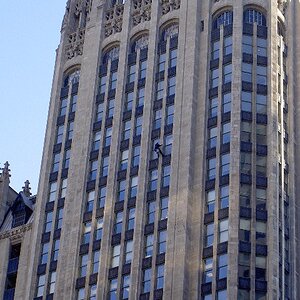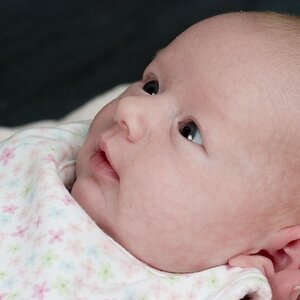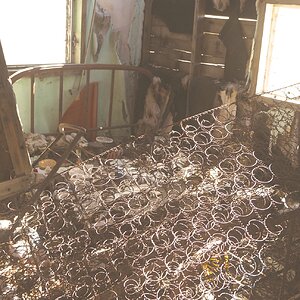amolitor
TPF Noob!
- Joined
- May 18, 2012
- Messages
- 6,320
- Reaction score
- 2,131
- Location
- Virginia
- Can others edit my Photos
- Photos OK to edit
In my opinion street photography isn't defined by one thing or as if there is one right way and wrong way to do it.
I'm on the fence about statements like this, the phrase "street photography" currently exists in a grey area. If you had said this 40 years ago, I would have laughed at you and explained that your opinion doesn't matter because the phrase actually has a well defined meaning. It would have been like having an opinion about what eggs are.
Nowadays, largely because lots of people no longer know what street photography is (was), the usage is becoming vague and subject to opinions. This is unfortunate, perhaps, but it's how language works. The result is that the phrase "street photography" is evolving into a phrase that means nothing whatsoever.



